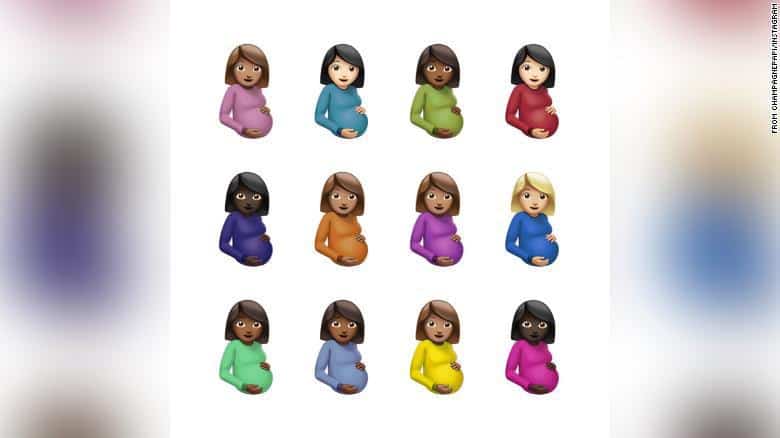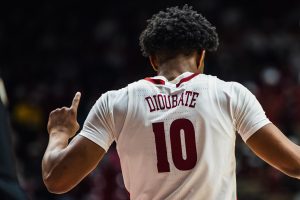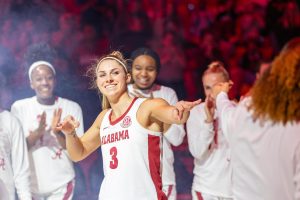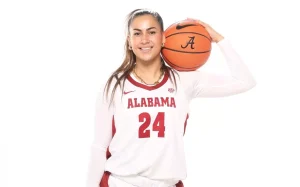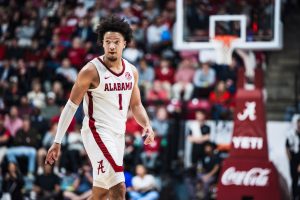Culture Pick | Certified Lover Boy or Certified Classic
September 12, 2021
With every album release, Drake reminds everyone why Billboard named him the artist of the decade. He dominates streaming platforms, billboard charts and radio. Drake released his sixth studio album, “Certified Lover Boy,” on Friday, Sept. 3 and once again broke records.
However, the road to the album’s release was rocky.
Drake started teasing the album in 2019 through a series of Instagram posts. He later told fans the album would drop in the summer of 2020. For the past year, Drake has been maintaining a heart in his hairline to promote the album.
As 2020 came to an end, Drake informed fans it would be released in January 2021. Unfortunately, the album was pushed back again for nine months.
Coincidentally, the album cover features 12 emoji of pregnant women. Some speculate that the artwork was intentional, with the album being nine months late, but Drake hasn’t confirmed if this theory is true.
“Certified Lover Boy” explores topics like toxic relationships, unloyal friendships and self-reflection. On Apple Music, Drake describes the album as “a combination of toxic masculinity and acceptance of truth which is inevitably heartbreaking.”
The album has 15 features from various artists. With almost 90 minutes of content, the lengthy 21-track album isn’t the most cohesive, but multiple tracks have replay value. Drake stays in his comfort zone for this album because he knows the formula that works best for him.
Drake typically opens his albums with intense rapping on a mellow beat to prepare listeners for an experience, and with “Champagne Poetry” he continues this trend.
The track is a reflection of some of Drake’s innermost thoughts. He raps about his son, his parent’s divorce, his future soulmate and his legacy over a beat with samples from The Beatles’ 1965 song “Michelle,” the Gabriel Hardeman Delegation’s “Until I Found The Lord,” and Masego’s song “Navajo.”
The song is followed by “Papi’s Home,” which features Drake’s cockier side as he brags about artists envying him and his success.
“I apologize for my absence, I know I left you without an annual drop / I don’t know how I expected you to get your clout up,” Drake rapped to his competition as if he were the father and they were his sons.
The best person to contribute to that conversation is Nicki Minaj because of her infamous punchline that her competitors have always been her sons. As “Papi’s Home,” continues, Nicki hops on the track and gives a brief speech. It’s not a verse, but the message is still evident: Drake has no competition. and the people considered to be his competitors look up to him.
As the song ends, Drake sings alongside the Montell Jordan sample to flex even more.
The album’s storyline picks up with “Love All,” featuring Jay-Z, in which the two artists rap about the struggles of trust and loyalty.
In this song, Drake expresses that his life is better without fake friends draining his energy, which is a contrast from the previous song, where the message of losing friends took a somber tone.
Drake continues this storyline with “Fair Trade,” which features Travis Scott.
“I’ve been losing friends and finding peace / Honestly that sound like a fair trade to me,” Drake rapped.
Then the album takes an interesting turn with “Way 2 Sexy,” featuring Future and Young Thug, a song that samples the infamous “I’m Too Sexy” by Right Said Fred.
Future and Drake have multiple collaborations, and each one seems to be an instant fan favorite. Young Thug also joins the two and shares what he’s too sexy for. It is currently one of Drake’s most popular songs on Spotify, with over 43 million streams. The music video, directed by Dave Meyers, brings the playful song to life.
After a few more tracks, the album seems to shift with “Yebba’s Heartbreak,” an emotional song with a solo from singer Yebba.
The first half of “Certified Lover Boy” is a mixture of club bangers, but the second half has some of Drake’s best verses in the album.
“No Friends In The Industry” is a standout track. The Three 6 Mafia sample is infectious, and Drake does the sample justice. The song feels like a continuation of “Energy” from his 2015 mixtape “If You’re Reading This It’s Too Late,” in which he discussed a loss of friends but an increase of enemies.
Drake asserts his dominance to let his enemies know he isn’t scared of anything. This animosity continues during “Knife Talk,” which features Project Pat and 21 Savage.
With “7am On Bridle Path,” Drake adds to his collection of songs with times in the title. He’s done this on various projects four times, and he keeps the same energy. The track is filled with bars and punchlines to address any rumors and get things off his chest.
As the album continues, Drake becomes vulnerable and sings about relationships. In the song “Get Along Better,” Drake expresses to his lover how he gets along better with her friend and wants to pursue her. Ty Dolla Sign assists him in delivering this news.
The energy picks back up with “You Only Live Twice.” The song serves as the sequel to “The Motto” from the 2011 album “Take Care.” Drake, Rick Ross and Lil Wayne feed off each other’s energy and give listeners impactful punchlines to stay on their minds.
The song has multiple quotable lyrics and three men speaking about their success in the least humble way. Drake even raps, “Not sure if you know but I’m actually Michael Jackson / The man I see in the mirror is actually going platinum.”
As the album draws to a close, Drake reminisces on his journey to the top, failed relationships, and what’s next for him as an artist. Although the album explores the topic of love, Drake makes it known that he doesn’t plan on getting married anytime soon. He briefly mentions this in the final song on the album “The Remorse.”
Since the album’s release, Drake has broken streaming records that he previously set. He is the most streamed artist in a single day on Spotify and Apple Music. The album is predicted to be certified gold within the first week and the year’s highest-selling album.
This album has something from every previous Drake era to enjoy: the hunger of “Thank Me Later,” the vulnerability of “Take Care,” the passion of “Nothing Was the Same,” the aggression of “If You’re Reading This It’s Too Late,” the hit-making of “Views” and the storytelling of “Scorpion.”
Although this isn’t Drake’s best album, it’s something to be discussed in the future, and the numbers speak for themselves.



